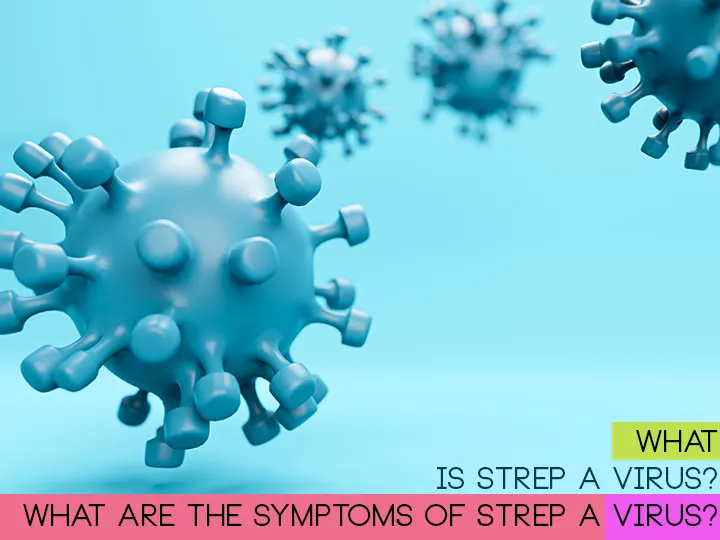
What is Strep A virus? What are the symptoms of Strep A virus?
Infectious Diseases Specialist Prof. Dr. Süda Tekin, "How is Strep A virus transmitted?", "What are the symptoms of the disease caused by Strep A virus?", "Is there a protective vaccine against Strep A virus?" answered his questions.
Streptococcus pyogenes, also known as "group A beta hemolytic streptococcus", is a group of bacteria that can be carried in the human throat or skin, known collectively as "Beta". It causes infection worldwide, especially in children aged 5-15 years, and is responsible for more than 500,000 deaths per year.
How is the Strep A virus transmitted?
Between people, this bacterium can be transmitted through close contact, coughing and sneezing. Crowded environments, schools and nursing homes are places where transmission can be intense and epidemics can occur there.
What are the symptoms of the disease caused by the Strep A virus?
Group A streptococcal (GAS) infection usually causes diseases with high fever such as tonsillitis, pharyngitis, skin soft tissue infection and scarlet fever. GAS infection in healthy people is easily treated with penicillin group antibiotics. The contagiousness of the disease stops 24 hours after the treatment.
However, in rare cases, GAS infection can cause life-threatening conditions such as "necrotizing fasciitis" (severe muscle infection) and "streptococcal toxic shock syndrome". In addition to this clinical picture called "invasive group A beta hemolytic streptococcal" (iGAS) infections, it can also cause immune system-mediated diseases such as "post-streptococcal glomerulonephritis" (severe kidney disease), "acute rheumatic fever" and "heart disease". .
What has alarmed the world in recent months is that while it used to be very rare in children, there is now a slight increase in invasive streptococcal infections in children. Increasingly invasive group A streptococcal infection can lead to fatal results. It can cause severe infection or death by mixing with the blood, especially in those who have a suppressed immune system, have had a serious viral infection before or have congenital respiratory tract problems. In addition to symptoms such as high fever above 38 degrees and severe muscle pain, unexplained vomiting and diarrhea complaints are also observed in patients with invasion of the bacteria.
iGAS infection, which the World Health Organization emphasizes as an important public health problem, has caused an epidemic among children in England, Sweden, Denmark and the Netherlands in the last 4-5 months and has led to deaths. The number of children who have died in the UK since September due to Strep A bacteria has increased to 30 as of January 24, and it has been stated that the children are under the age of 18.
Is there a protective vaccine against the strep A virus?
No, there is no effective vaccine to prevent GAS. It is important and necessary to prevent close contact with sick people and to comply with mask and hygiene rules.